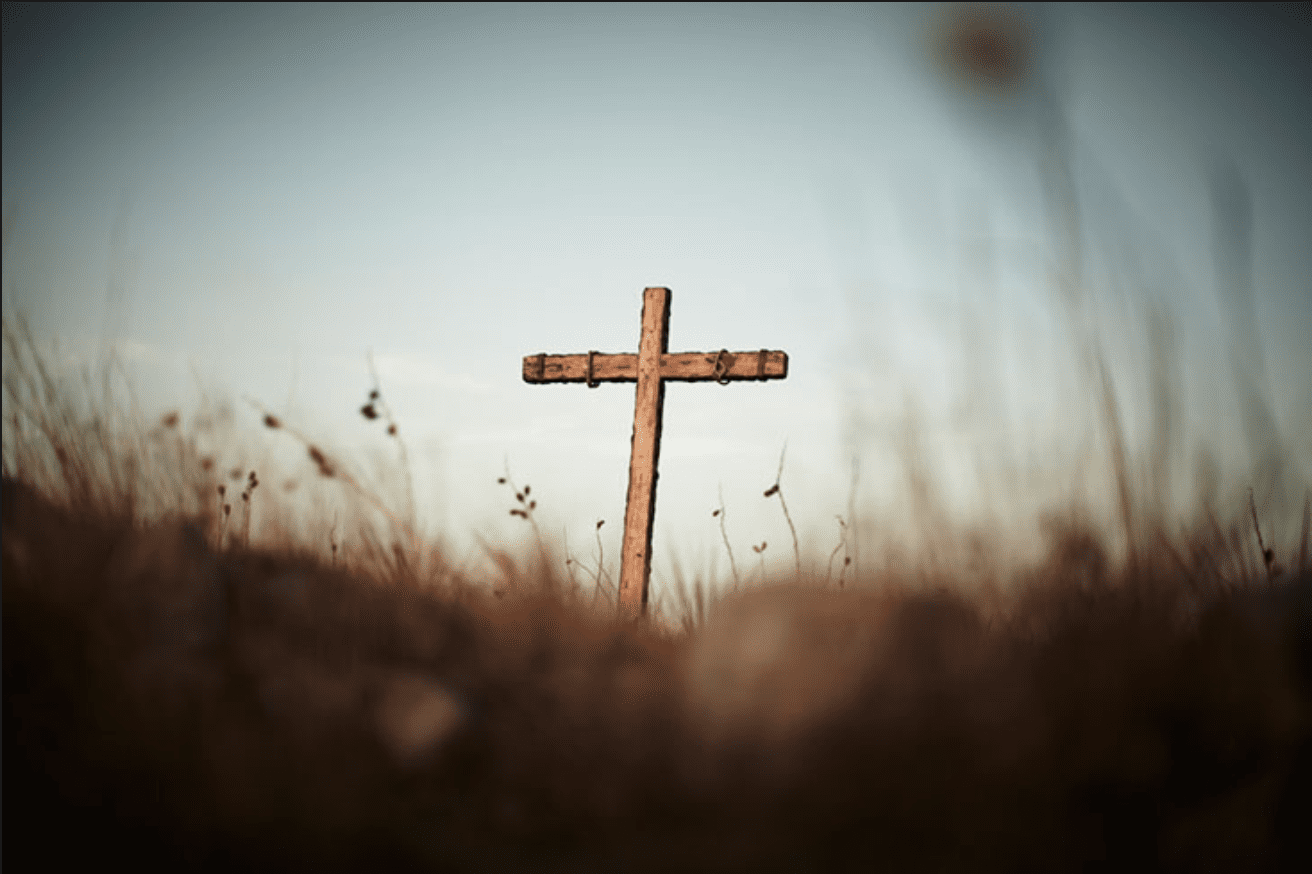Origins and Influence
Negro Spirituals are a cross between the sorrows of enslavement and the Christian faith ideals, which was forced on the enslaved as a religion. Though, European (forced) influence in Negro Spirituals (through Christianity) was present, the spirituals held African culture brought over during enslavement.


Elements of Negro Spirituals
It is believed that African Americans lost their culture through enslavement. Through many elements, African Americans have retained their culture, and those restorative elements can be seen in Negro Spirituals. Call and response, ring shout, dance, polyrhythm, and hymns are just a few of the elements carried over by Africans from Africa. In all Negro Spirituals, a double entendre is present. This means that the songs had a double meaning, for example: “Swing low sweet chariot” is a double entendre for someone to come save the enslaved and carry them far away from enslavement.
Primary Composers
Because spirituals were performed by slaves and handed down orally, the exact composers are unknown to today’s world. What is known, is that Africans paved the way for Negro Spirituals and were the only contributors. Performers like Marian Anderson and Harry T. Burleigh are just a few voices that have carried over the spirituals.
Social Implications and Commodification
Europeans did not want the enslaved expressing any form of life back home, so through Christianity, the masking of the Negro song begun. Today, Baptist Christians are mostly black and carry the same song structures that were carried through Negro Spirituals. The songs composed by the enslaved were stolen by Europeans to be sold for money. The enslaved received no recognition nor any pay for these songs.

Influences on Other Genres
Negro Spiritual has paved for music in general, especially in America. With roots in Gospel, Blues, R&B, etc. Negro Spiritual has been a gateway for others to express sorrow and sadness. Even Europeans with Country music.
Summary of Opinion
Though bondage and oppression was amongst the enslaved, they prevailed through song. They have shaped and created music for generations to come and I hope that we always look to them for appreciation and gratitude.


